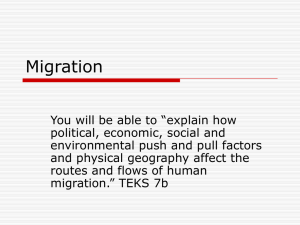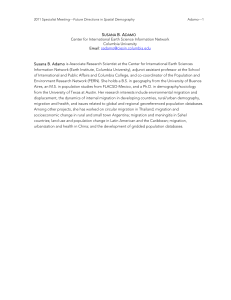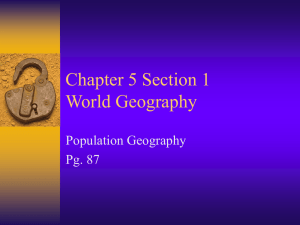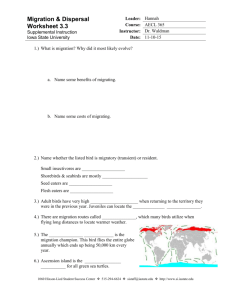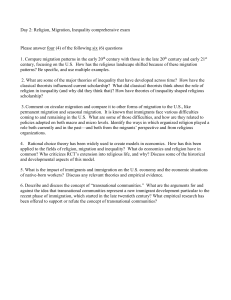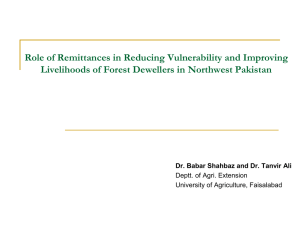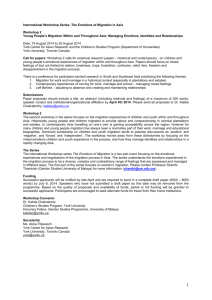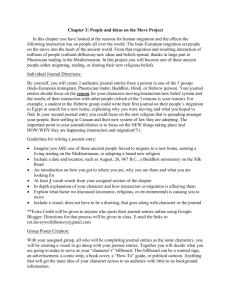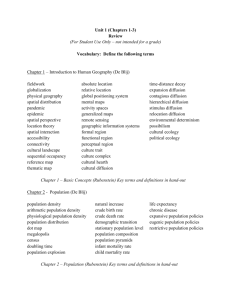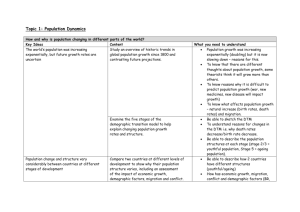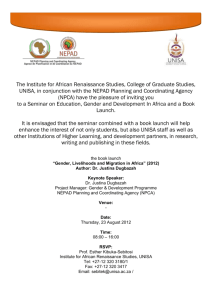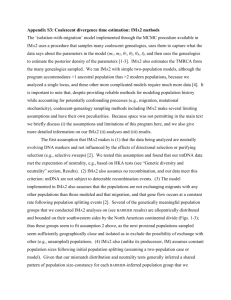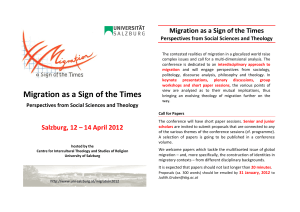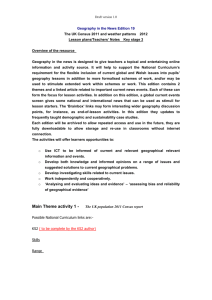Elisa Minoff is a political, legal, and intellectual historian of the
advertisement
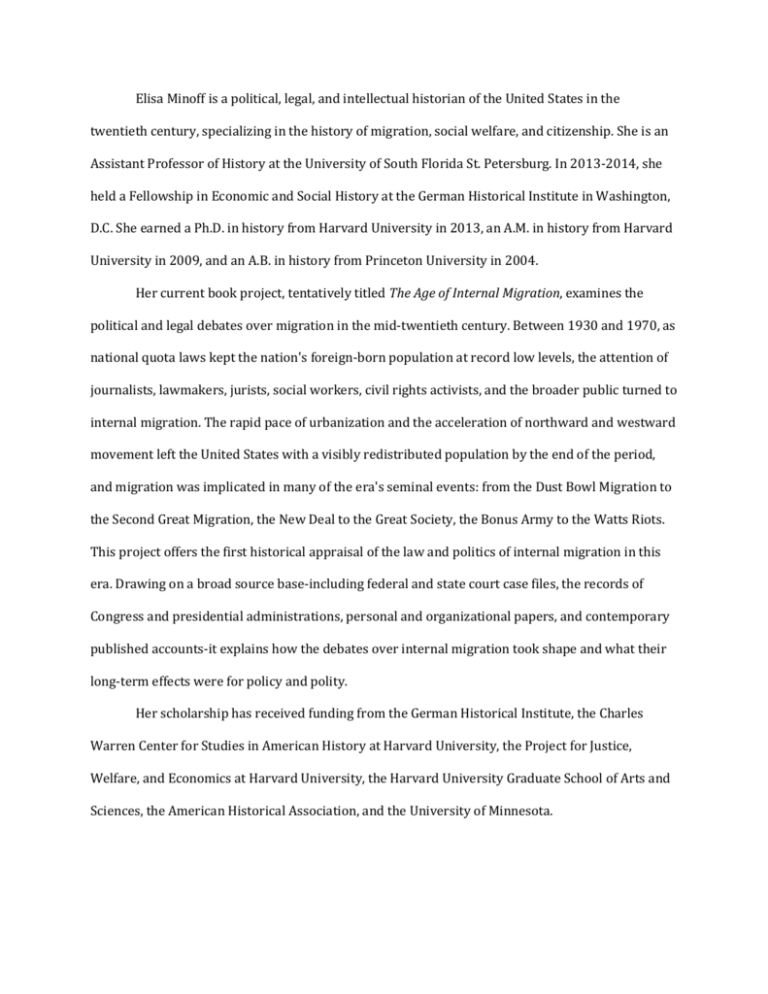
Elisa Minoff is a political, legal, and intellectual historian of the United States in the twentieth century, specializing in the history of migration, social welfare, and citizenship. She is an Assistant Professor of History at the University of South Florida St. Petersburg. In 2013-2014, she held a Fellowship in Economic and Social History at the German Historical Institute in Washington, D.C. She earned a Ph.D. in history from Harvard University in 2013, an A.M. in history from Harvard University in 2009, and an A.B. in history from Princeton University in 2004. Her current book project, tentatively titled The Age of Internal Migration, examines the political and legal debates over migration in the mid-twentieth century. Between 1930 and 1970, as national quota laws kept the nation's foreign-born population at record low levels, the attention of journalists, lawmakers, jurists, social workers, civil rights activists, and the broader public turned to internal migration. The rapid pace of urbanization and the acceleration of northward and westward movement left the United States with a visibly redistributed population by the end of the period, and migration was implicated in many of the era's seminal events: from the Dust Bowl Migration to the Second Great Migration, the New Deal to the Great Society, the Bonus Army to the Watts Riots. This project offers the first historical appraisal of the law and politics of internal migration in this era. Drawing on a broad source base-including federal and state court case files, the records of Congress and presidential administrations, personal and organizational papers, and contemporary published accounts-it explains how the debates over internal migration took shape and what their long-term effects were for policy and polity. Her scholarship has received funding from the German Historical Institute, the Charles Warren Center for Studies in American History at Harvard University, the Project for Justice, Welfare, and Economics at Harvard University, the Harvard University Graduate School of Arts and Sciences, the American Historical Association, and the University of Minnesota.

